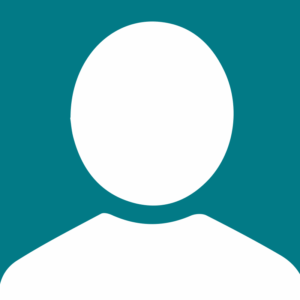What inspired you to join Project ECHO?
When my daughter was five, I noticed she was struggling to learn to read. I suspected dyslexia, but—even with two professional parents and access to resources—it took two years of advocacy to get her the evaluation and support she needed. That experience opened my eyes: If it was this hard for us, what happens to children whose families don’t have the time, information or confidence to navigate the system?
That moment shifted something in me. I no longer wanted to just understand systems; I wanted to change them. I joined Project ECHO because its mission—democratizing knowledge—aligns perfectly with my own: building an education system where equity isn’t an afterthought—it’s the blueprint. At ECHO, I’ve led programs that improve literacy outcomes in New Mexico, advance gender equity in schools serving Native American students, and support colleges implementing more inclusive models of developmental education.
How does your background prepare you for this role?
I started out as a philosopher and college professor, focused on behavior change, motivation and ethics. That academic work gave me a strong foundation in how people think, learn and act. Teaching at universities showed me the power of supporting others to bring their best to their lives and work.
Later, I worked with the public school district my daughter attended, supporting parents, designing learning experiences and advocating for change. At Project ECHO, I use my background in behavior, motivation, adult learning and systems thinking to design professional learning that moves the needle—first, for educators, and, ultimately, for students. My role is part strategist, part program architect, and part advocate – and I love that.
What’s one moment at ECHO you’re especially proud of?
One that stays with me came through our Structured Literacy Classroom ECHO Program in New Mexico. We built a program to support K–2 teachers in implementing evidence-based reading instruction, and we saw teachers take off. One told us, “This is the first time I’ve truly understood how to help my students read.” That’s when I knew we weren’t just delivering training—we were changing what was possible in classrooms.
What excites you most about the future of ECHO?
What excites me most is the potential for scale with depth. ECHO doesn’t just expand access to expertise, it strengthens practice. Whether we’re working on literacy in rural New Mexico, equity in schools or higher education reform, the model creates lasting change. The future isn’t just about reaching more people. It’s about making sure what we build together is transformational, not transactional.
What do you enjoy outside of work?
I love to make things—baking, woodworking, silversmithing. There’s something deeply satisfying about working with your hands to create something real. I also love to travel with my family, visiting far-flung relatives and exploring new places. Traveling reminds me how big and astonishing the world is, and I’m constantly inspired by the ways people everywhere solve problems, build community and create beauty. It’s a reminder that there are always more ways to understand, connect and make things better.
Connect with Soraya Gollop, Ph.D., on LinkedIn. For more information about the education initiatives at Project ECHO, read our education stories or email the program team.
Featured Image Credit: Gollop in Santa Fe, NM, on her way to the Santa Fe Opera to see La bohème with her daughter. Photo Credit: Ananya Budhwar, July 2025.


